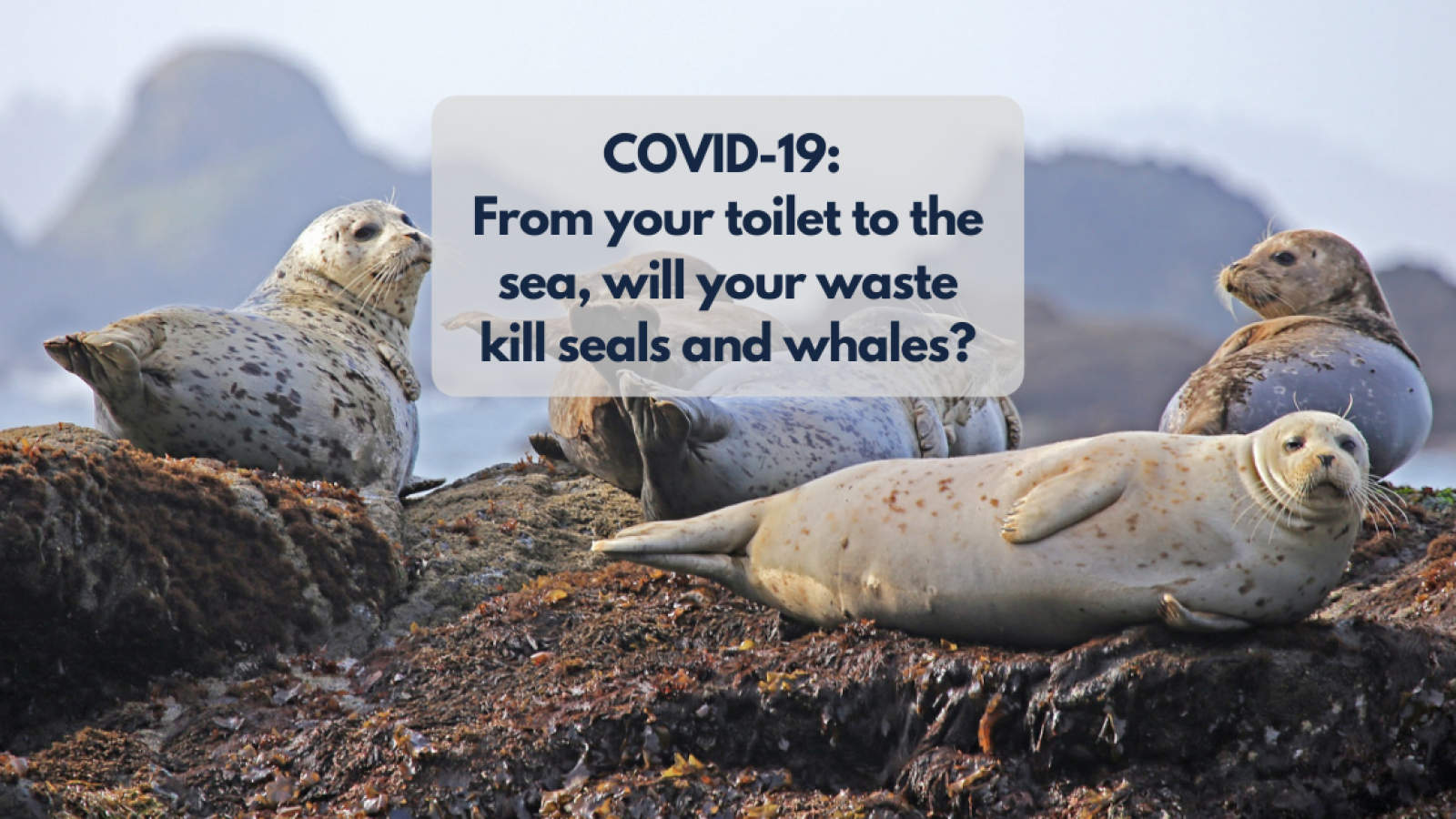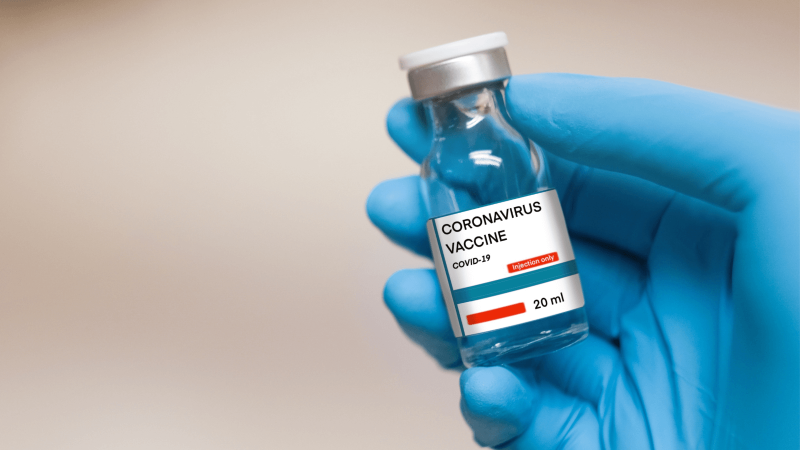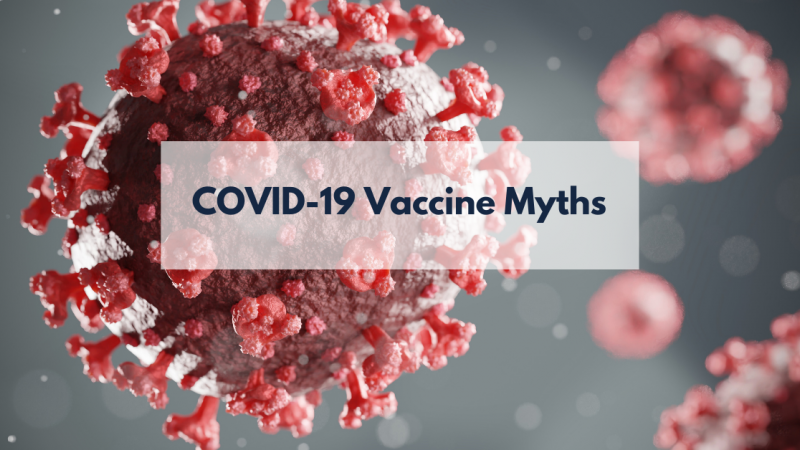Marine mammals, such as whales, dolphins and seals are susceptible to SARS-CoV-2, so scientists worry our sewage could cause a new animal reservoir for the virus. Transmission of the virus to the marine environment could have serious consequences for the animals, many of which are already threatened.
A genomic mapping study has come to the conclusion that at least 15 species of marine mammal could be susceptible to SARS-CoV-2. The human ACE2 receptor that allows the coronavirus to bind, enter and infect mammalian cells shows striking similarities with those of several marine mammals, including dolphins, beluga whales, seals and sea otters.
Based on these resemblances, the researchers predict that the majority of Cetacea species (whales, dolphins and porpoises) have a susceptibility to the virus equal to or greater than that of humans. Eight out of nine species of Pinnepedia (seals) are also expected to be very susceptible to SARS-CoV-2.
These results are alarming, not just because more than half of the species of sea mammal are already at risk of extinction around the world, but because the virus could settle in the marine animal populations permanently. Social species are particularly at risk due to the proximity of individuals. One infected animal could threaten entire populations.
It wouldn’t be the first time such an event occurred. In the past, dolphins and beluga whales have been infected with related coronaviruses which caused both mild pathologies and potentially fatal liver and lung damage.
So far there have been no reports of infected marine mammals, but scientists are wary that our infected waste waters could become a vector of zoonotic transmission. Although SARS-CoV-2 is a predominantly respiratory virus, the infection can also spread to other organs and be excreted in faeces and urine. Not only that, it can survive for up to 25 days in water. This is one reason why untreated wastewater in Spain, Italy and France has been used to monitor the virus and can help predict the different waves of contagion.
The presence of the virus in our sewers isn’t usually a threat to humans and animals if the waste is properly treated.
“But in developing nations, where there is already a disparity in public health and the wastewater treatment infrastructure required to handle the COVID-19 crisis, the matter is more pressing,” says Saby Mathavarajah, a pre-doctoral fellow in Dr. Dellaire’s lab who co-authored the report*.
And these fears have already become realities. In June 2020, SARS-CoV-2 was detected in the waters of a river in Ecuador, where untreated wastewater is channelled directly into rivers.
And even when wastewaters is treated they can contain SARS-CoV-2 RNAs. In Alaska, where primary treated wastewater can be released from settling ponds or lagoons, beluga whales could be infected by sewage leaking into local waterways from the state’s system of lagoons.
This study therefore highlights potentially significant environmental and infectious concerns regarding untreated wastewater. According to the authors, it is crucial that marine mammals be monitored for infection to allow the possibility of containing any spread of the virus. They suggest using new technologies capable of collecting mucus by drone from the blow holes of whales (called the SnotBot). Vaccination is another difficult but possible option to protect marine mammals.
“Given the proximity of marine animals to high-risk environments where viral spill over is likely, we must act with foresight to protect marine mammal species predicted to be at-risk and mitigate the environmental impact of the COVID-19 pandemic,” the paper states.
In parallel, wastewater treatment systems should be evaluated to ensure that they can stem the transmission of the virus in natural water systems, for this threat, but also the next.
* https://www.vetitude.fr/covid-19-les-animaux-marins-menaces-par-les-eaux-usees/
Last edited: 3 March 2022 11:23




